Berlin to allow tank exports to Ukraine if US sends its own: Report
Germany says it will approve the transfer of German-made tanks to Ukraine only if the United States agrees to send its own tanks to Kiev, according to a report.
Germany has so far resisted providing modern Leopard tanks to Ukraine, which is fighting a Russian offensive, saying Western tanks should only be supplied to Ukraine if Kiev's other allies, particularly the United States, agree to do provide tanks of their own.
Members of the Ukraine Contact Group, consisting of 50 countries and organizations, are to meet on Friday at a US air base in Ramstein, Germany to discuss further military aid for Ukraine.
Attention is on Germany, as it has the veto power over any decision to send its Leopard tanks to Ukraine war, taking caution about approving weapons that could be seen by Russia as an escalation.
A German government source told Reuters on Thursday that Germany would green-light the transfer of German tanks if the United States agrees to send its own.
NATO countries across Europe field the Leopard tanks, which are widely seen as the most suitable for Ukraine.
Earlier this month, Poland announced it was ready to send 14 German-made Leopard 2 tanks to Ukraine but said Berlin had to provide permission. Finland has also considered supplying Ukraine with Leopard tanks but has likewise requested German approval.
Last week, British Prime Minister Rishi Sunak promised to send a squadron of Challenger 2 main battle tanks to Ukraine in the coming weeks. The UK is the first Western country to officially agree to send tanks to Ukraine.
France has signaled a similar inclination.
Germany's new defense minister, Boris Pistorius, will host US Defense Secretary Lloyd Austin on Thursday, and discussing the transfer of tanks is likely to be on the agenda.
According to US officials, Washington is expected to announce one of its largest military aid packages to Ukraine in the coming days.
President Joe Biden's administration is expected to approve Stryker armored vehicles for Ukraine in a package totaling approximately $2.5 billion worth of weaponry. The last largest package was worth $1.85 billion and was announced in late December last year.
The new aid will also include more armored Bradley fighting vehicles as well as mine-resistant ambush-protected vehicles, known as MRAPs.
Despite Ukraine's efforts to gain missiles that have a longer range of around 300 kilometers and tanks from its allies, Washington has resisted sending them out of fear that such a move would be perceived as an escalation by Russia.
Russia launched what it calls "a special military operation" against Ukraine in late February over the perceived threat of the country joining NATO.
Since then, the US and Ukraine's other allies have sent Kiev tens of billions of dollars' worth of weapons, including rocket systems, drones, armored vehicles, tanks, and communication systems. Western countries have also imposed a slew of economic sanctions on Moscow.
Moscow has previously warned that the delivery of weapons to Kiev would prolong the war.
Yemeni FM: Israel’s sponsors accountable for ongoing aggression on Sana’a
Eight Palestinians killed as Israel attacks Gaza school, hospitals
VIDEO | Rome, Milan host new protests in solidarity with Palestinians
Dec. 21: ‘Axis of Resistance’ operations against Israeli occupation
Spain jurists demand ties with Israel ties be cut
VIDEO | Press TV's news headlines
VIDEO | Iran honors top Science Olympiad medalists
VIDEO | Austrians arrested at Gaza protest in Vienna


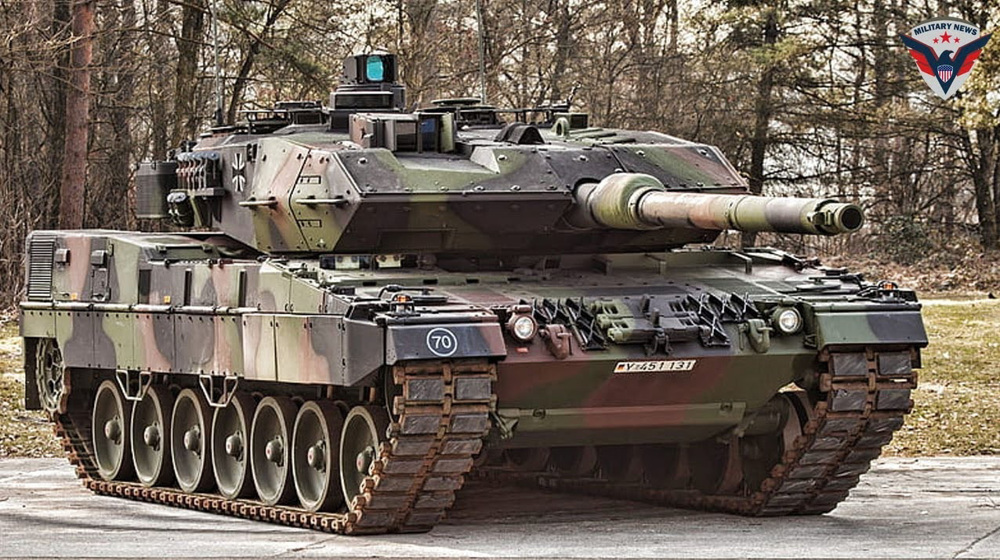
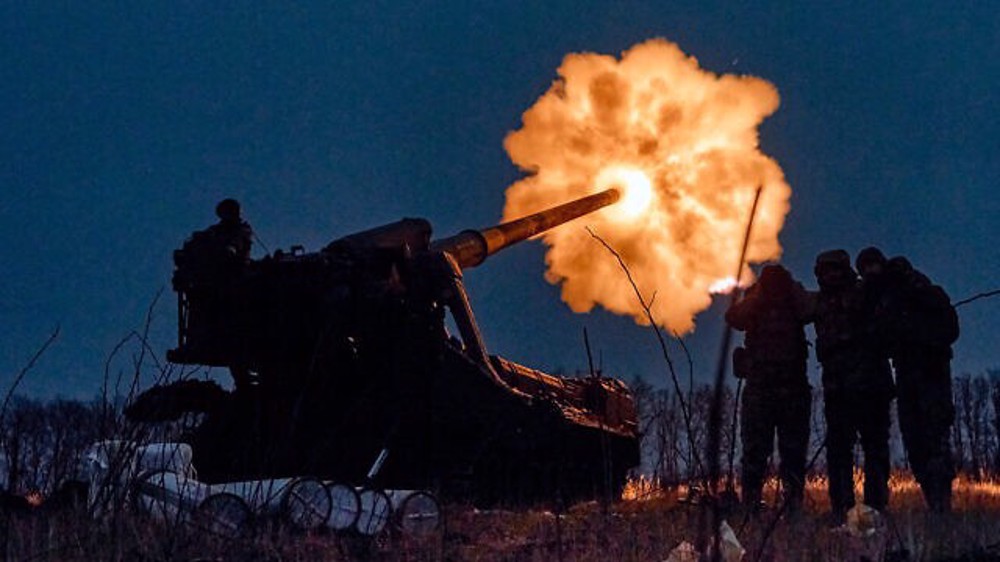


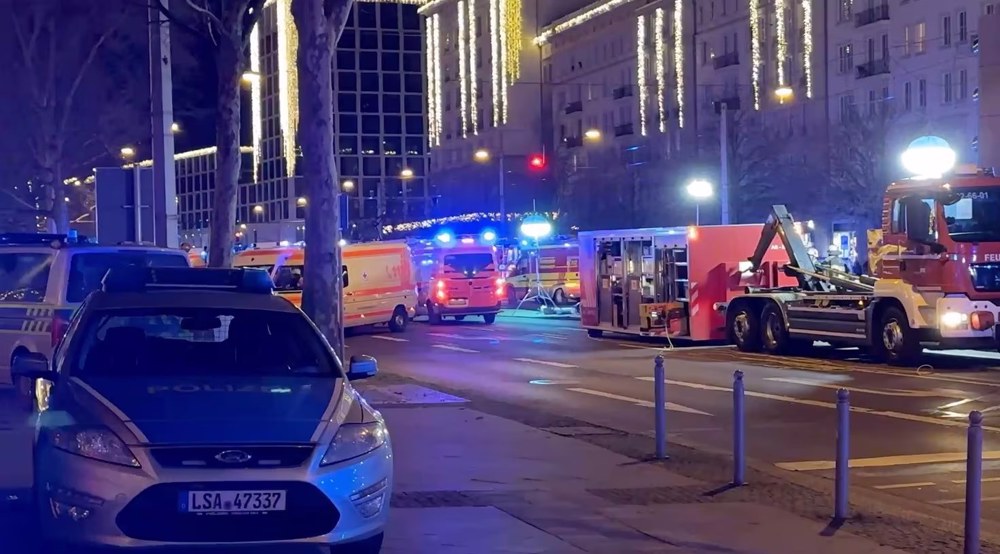



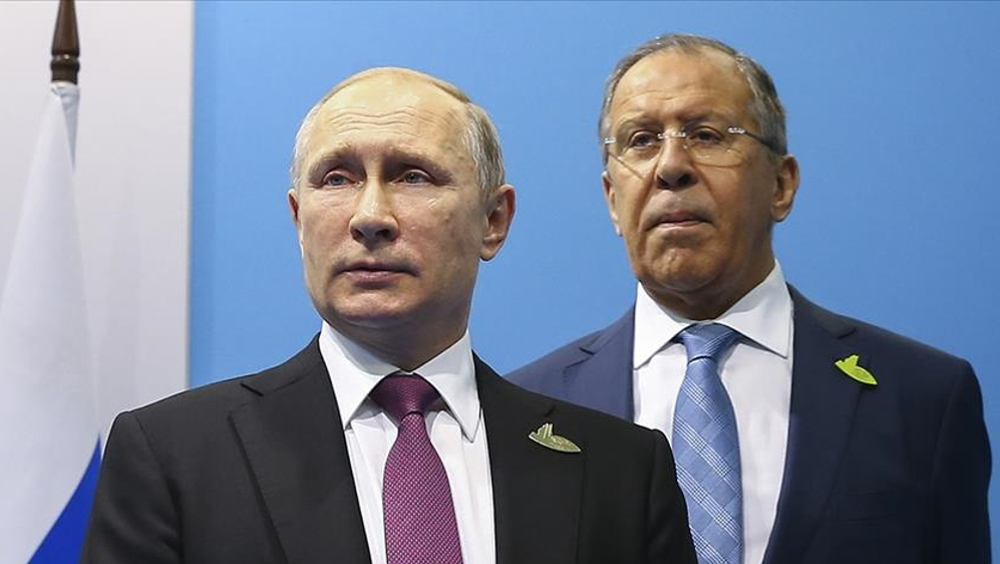
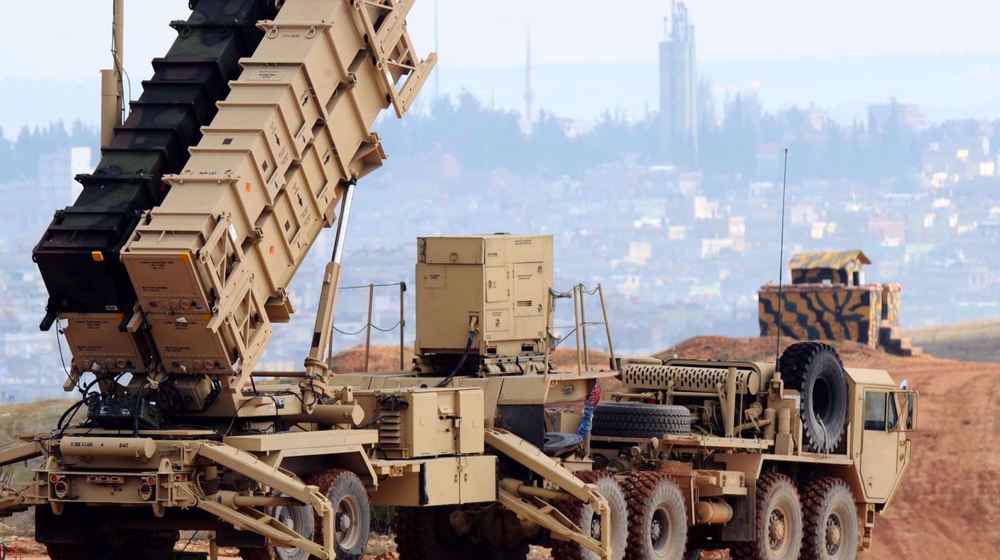

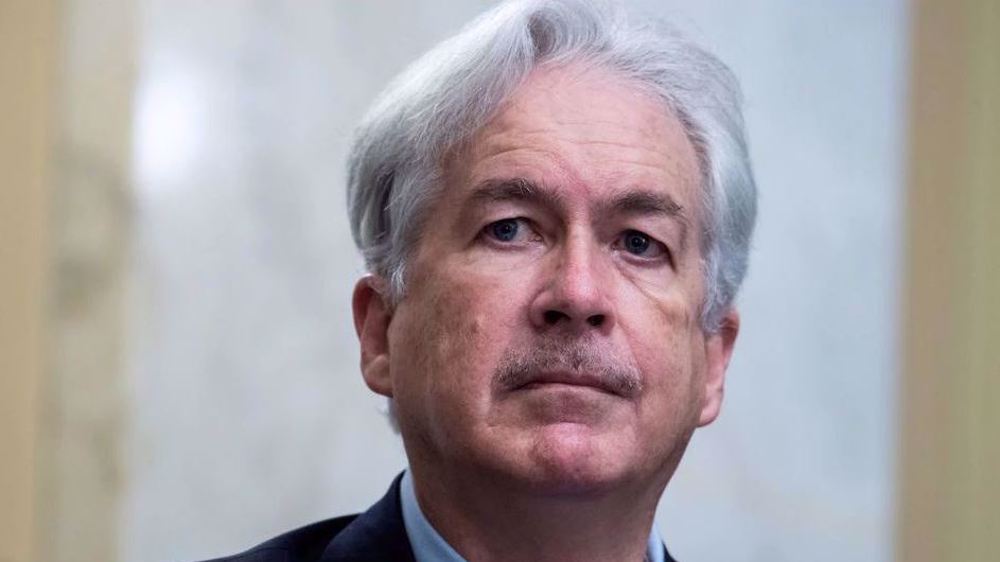
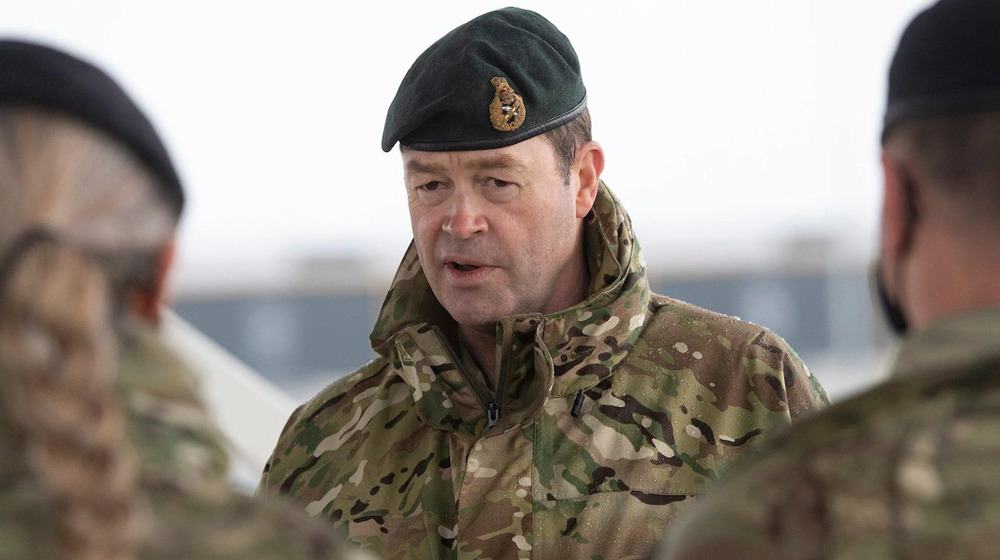
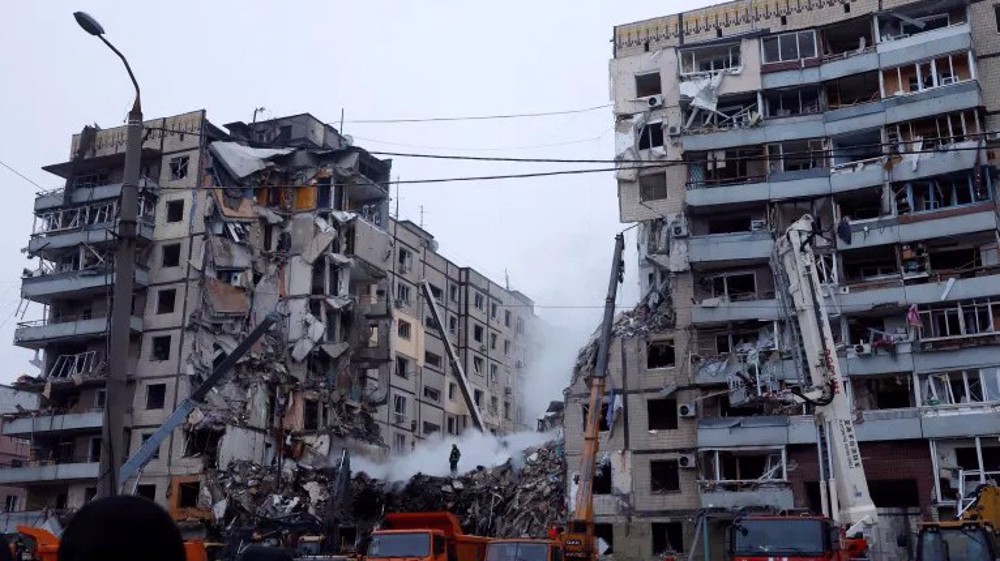

 This makes it easy to access the Press TV website
This makes it easy to access the Press TV website